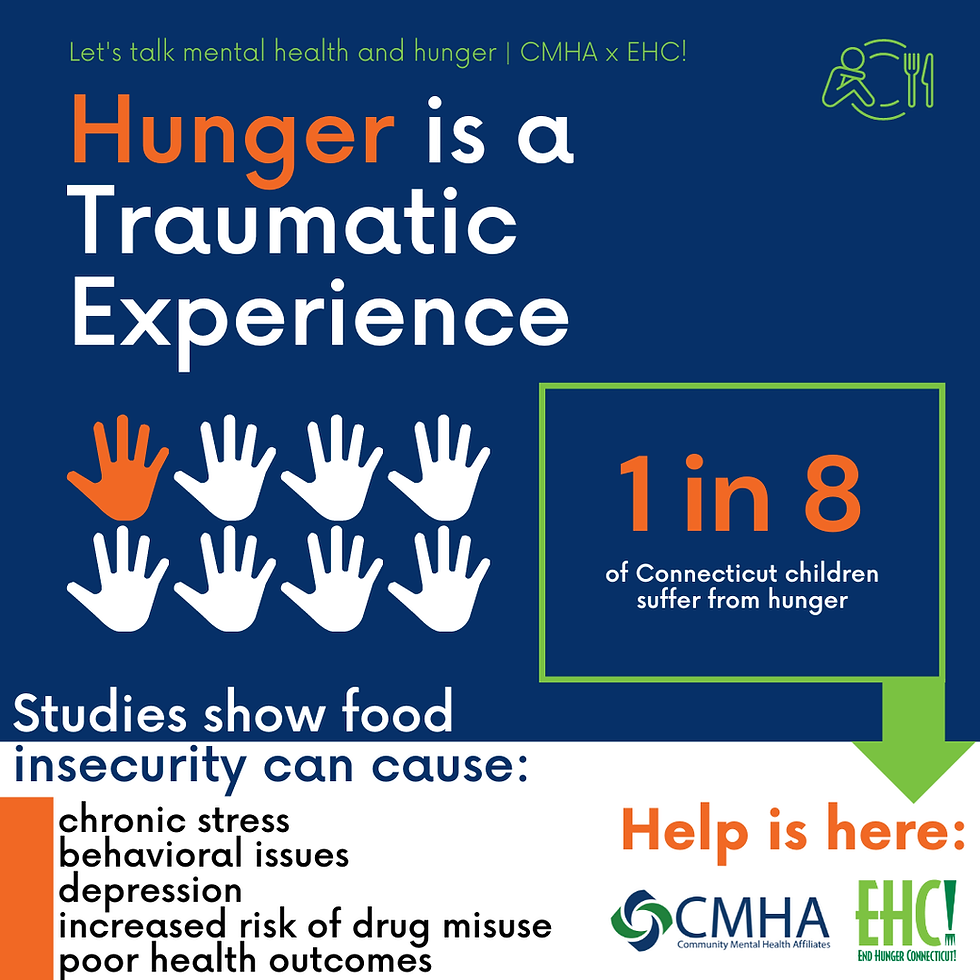Food insecurity—defined as a consistent lack of access to enough nutritious food—can trigger a host of negative psychological effects. When individuals live under perpetual uncertainty about their next meal, they often experience persistent worry that can turn into chronic stress. This stress, in turn, can compromise mental health in ways that extend well beyond hunger.

One notable consequence of living with food insecurity is heightened anxiety. The continuous need to stretch resources can lead to daily tension, disrupted sleep patterns, and difficulty focusing on tasks at work or school. Over time, these anxiety symptoms may become so ingrained that they affect an individual’s self-confidence and interpersonal relationships, fueling a cycle of stress that can feel nearly impossible to break.
Additionally, the emotional weight of feeding one’s family can compound these stresses. Parents who struggle to provide meals often experience guilt or shame, which may worsen depression. Children, too, pick up on the stress and may develop long-term emotional or cognitive challenges as a result. Addressing food insecurity, therefore, is about more than supplying meals; it calls for wraparound solutions. Integrating mental health support into food distribution programs—such as on-site counseling, group therapy, or stress-management workshops—helps reduce the chronic anxiety that can sap people’s motivation and resilience.
Ultimately, a holistic approach acknowledges that while hunger is physically draining, its psychological toll is equally profound. By tackling both the food shortage and the emotional ramifications, communities and organizations can create more sustainable pathways out of hunger and restore a sense of well-being to those in need.






